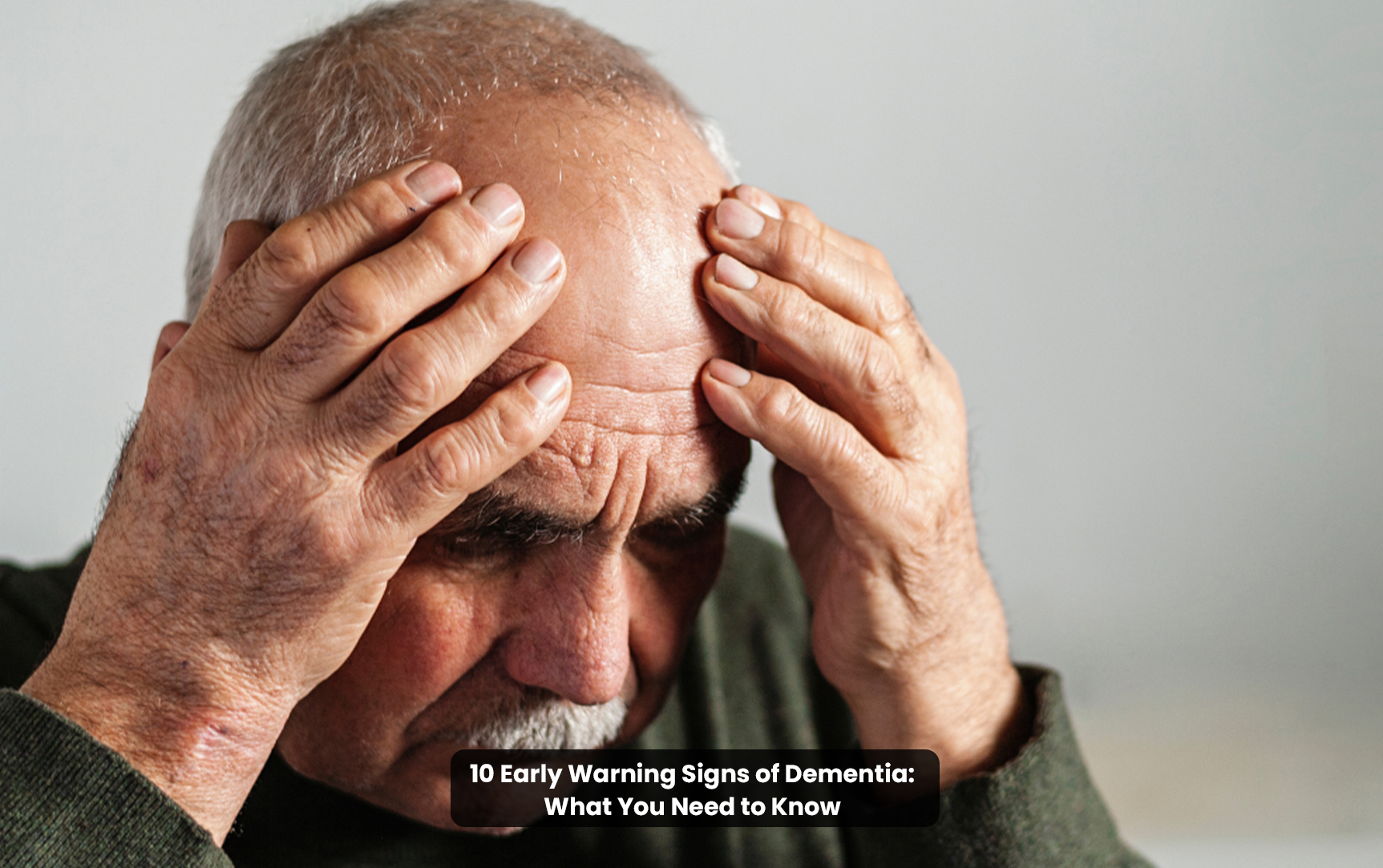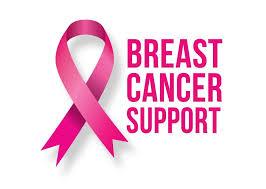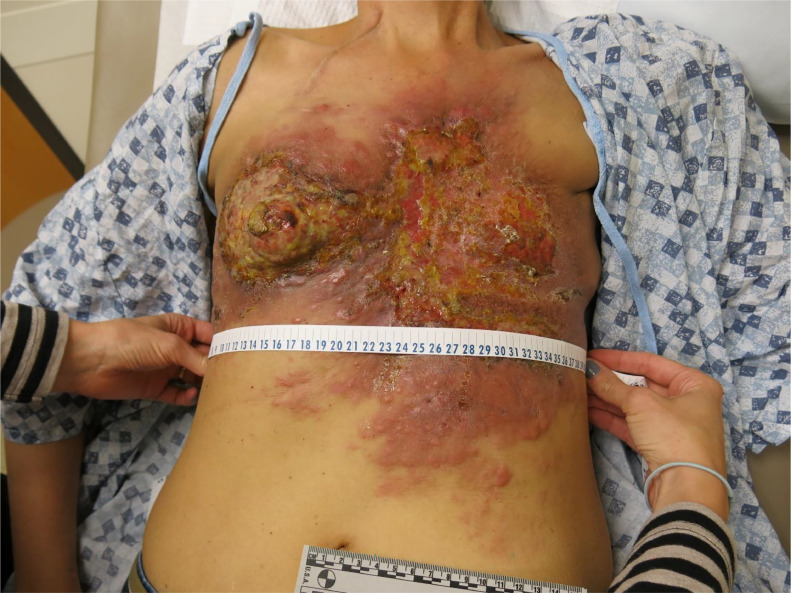When you learn that breast cancer has returned, it might feel as though everything has changed. Taking care of your emotional health is equally as important as the therapy options your medical team will discuss. In addition to improving your quality of life, emotional health can also help you maintain your fortitude while undergoing treatment.
We’ll go over the finest tools and methods in this guide to help you take care of your mental health following a breast cancer recurrence, including self-care, mind-body techniques, and support groups.
Why Mental Health Matters in Breast Cancer Recurrence
In addition to the physical, a breast cancer recurrence has a significant psychological impact. Fear, despair, and uncertainty are common after a recurrence, and many patients suffer from anxiety, depression, or post-traumatic stress disorder (PTSD).
Research indicates that between 10% and 32% of women experience PTSD after receiving a breast cancer diagnosis, and untreated mental health conditions may hinder the efficacy of treatment (Breastcancer.org). This is why it’s so important to give your mental health as much attention as your physical health.
Mental Health Treatment Options for Breast Cancer Patients
1. Counseling and Therapy
One-on-one therapy can help you process emotions, build coping strategies, and find emotional balance. Therapists may use cognitive behavioral therapy (CBT), which focuses on replacing negative thought patterns with healthier ones.
If medication is necessary, a psychiatrist can prescribe treatments to support your mental health. To find a specialist near you, visit the American Psychological Association’s psychologist locator or talk to your cancer care team for recommendations.
2. Teletherapy
If traveling to appointments is difficult, teletherapy may be a great solution. Online therapy via video calls, phone, or messaging has been found to be just as effective as in-person sessions (National Institutes of Health).
Teletherapy is especially helpful for people in rural areas or those who feel more comfortable receiving care from home.
3. Cancer Support Groups
Connecting with others who understand your experience can be incredibly healing. Support groups—whether in-person or online—offer a safe space to share emotions, learn coping strategies, and feel less isolated.
You can find a group through:
Organizations like Living Beyond Breast Cancer and National Breast Cancer Foundation also offer regular group programs and events.
4. Mind-Body Practices
Integrating yoga, tai chi, meditation, and qigong into your routine may lower stress, reduce fatigue, and improve overall quality of life. Apps like Headspace and Insight Timer provide guided practices you can try at home.
5. Spiritual and Religious Support
For some, prayer, meditation, or speaking with a faith leader can provide strength and meaning during treatment. Many hospitals also have chaplain services available for patients.
6. Massage Therapy
While often overlooked, massage therapy can ease muscle tension, reduce anxiety, and help you relax. The American Massage Therapy Association provides a directory to find licensed therapists in your area.
Mental Health Challenges in Breast Cancer Recurrence
It’s normal to feel overwhelmed after hearing your cancer has returned, but if emotions begin interfering with daily life, it may be time to seek professional support. Signs of concern include:
- Persistent sadness or hopelessness
- Difficulty concentrating
- Withdrawal from loved ones
- Sleep problems or extreme fatigue
- Sudden changes in appetite
- Increased use of alcohol or substances
Taking these signs seriously is key—mental health struggles are not a weakness, but a medical issue that deserves care.
How Mental Health Affects Physical Health
Your mental and physical health are closely linked. Stress, depression, and anxiety can make it harder to stick to treatment, eat well, or get restful sleep. Some studies suggest that depression may even increase cancer risk (JAMA Network).
On the other hand, mental health support has been shown to improve treatment outcomes and help patients maintain healthier habits during cancer care.
Getting Help in a Crisis
If you or a loved one is struggling with thoughts of self-harm, please seek immediate support:
- Call or text 988 (Suicide & Crisis Lifeline) in the U.S.
- Text HOME to 741741 (Crisis Text Line).
- Visit Befrienders Worldwide to find international hotlines.
You are not alone, and help is available 24/7.
Key Takeaway
It is imperative that you take care of your mental health during a breast cancer recurrence; it is not optional. There are numerous resources available to assist you in managing the emotional burden of recurrence, ranging from massage and meditation to therapy and support groups.
Recall that asking for help is a sign of strength rather than weakness. You offer your body the best chance to recover when you take care of your mind.
Visit the Breast Cancer Research Foundation for further resources, or look through our Breast Cancer Hub for wellness, treatment, and nutrition advice.















